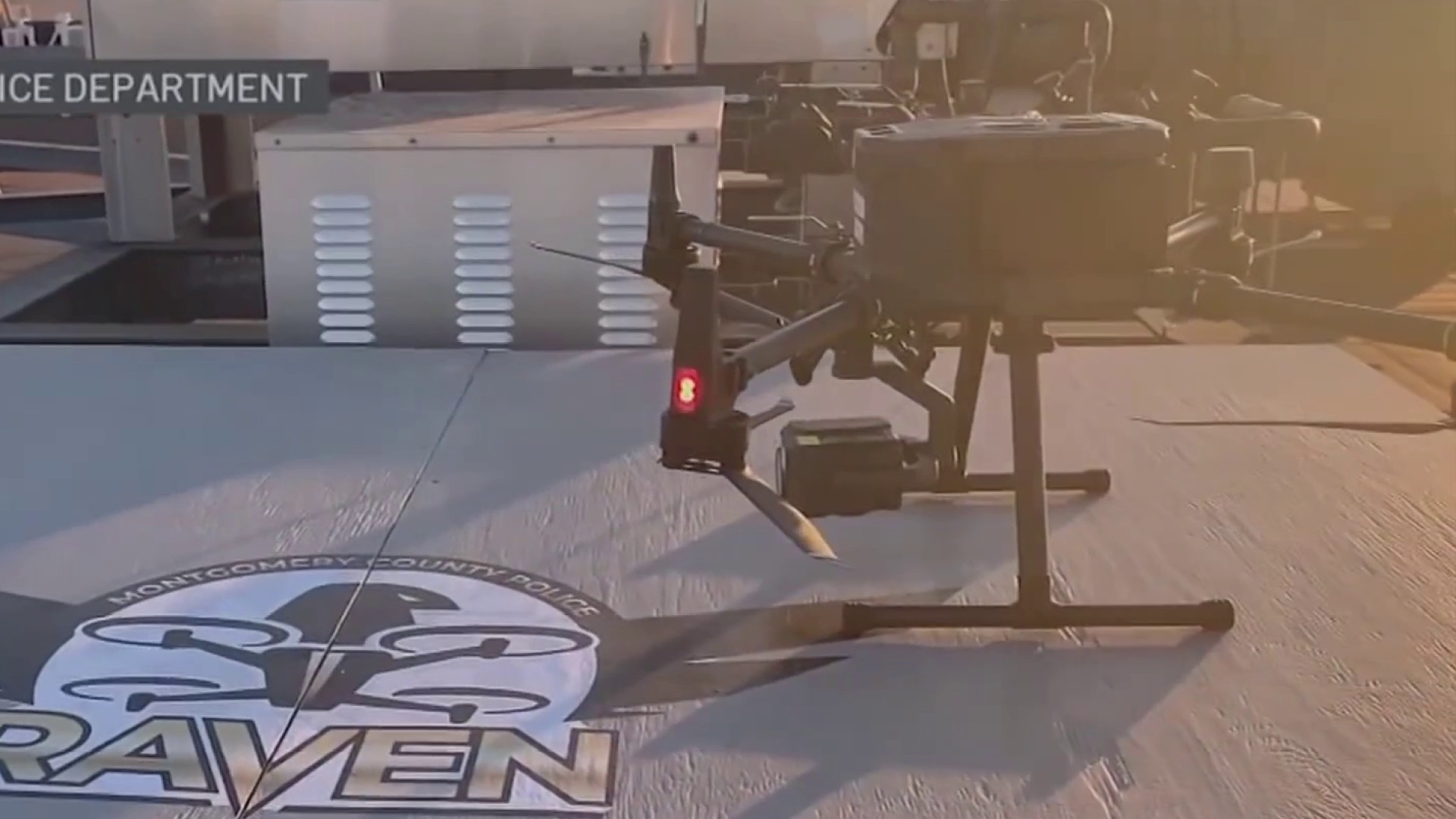A professor and students at University of Mary Washington are working to spotlight two local Native American tribes with a new trail in King George County, Virginia.
For hundreds of years, the Rappahannock and Patawomeck tribes fished the rivers in and around King George and Stafford counties, and their members still live in the area.
“We’re getting the word back out that we are still here. We are the first people of Stafford County. We can date ourselves back to 12, 1300 in Stafford County,” Chief Emeritus John Lightner, of the Patawomeck Tribe, said.
Professor Lauren McMillan and her students are helping with that mission. King George County economic development officials approached her with an idea to create a Native American heritage trail, hopeful that it would drive ecotourism and draw visitors to public access points.
We've got the news you need to know to start your day. Sign up for the First & 4Most morning newsletter — delivered to your inbox daily. Sign up here.
“The first step that we did was say we need to consult with the tribes whose stories we’d be telling," McMillan said. Then the class did a deep dive.
"We then started diving into the archives, the historical records, oral histories and the archaeological record as well,” McMillan said.
They’ve created signs that will go up in seven different locations in King George. Each one tells a different story about the local tribes, spotlighting the past and present.
Local
Washington, D.C., Maryland and Virginia local news, events and information
“When you learn Virginia history, you learn about a lot of stuff that happened in Jamestown and that’s kind of the last place you learn about Indians in Virginia history, but we've been here all along,” Brad Hatch, a member of the Patawomeck Tribe, said. “We’ve been preserving our own culture and heritage and it's here for everybody to see."
The students worked hard to put that heritage and culture on full display. They also envision their project inspiring others to do some research of their own about Virginia’s first residents.
"I’m hoping that these things inspire people to do a little digging, do a little learning and get that bigger story that not all of us understand,” Woodie Walker, a Rappahannock Tribe historian, said.
The signs are expected to go up in the summer of 2022.
CORRECTION (Dec. 7, 2021 at 11:20 p.m. EST): This article has been updated to reflect the correct spelling of the Patawomeck Tribe.



